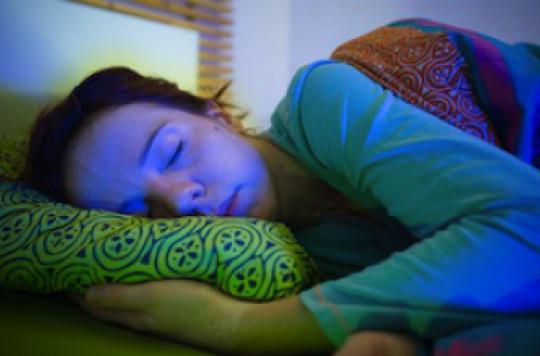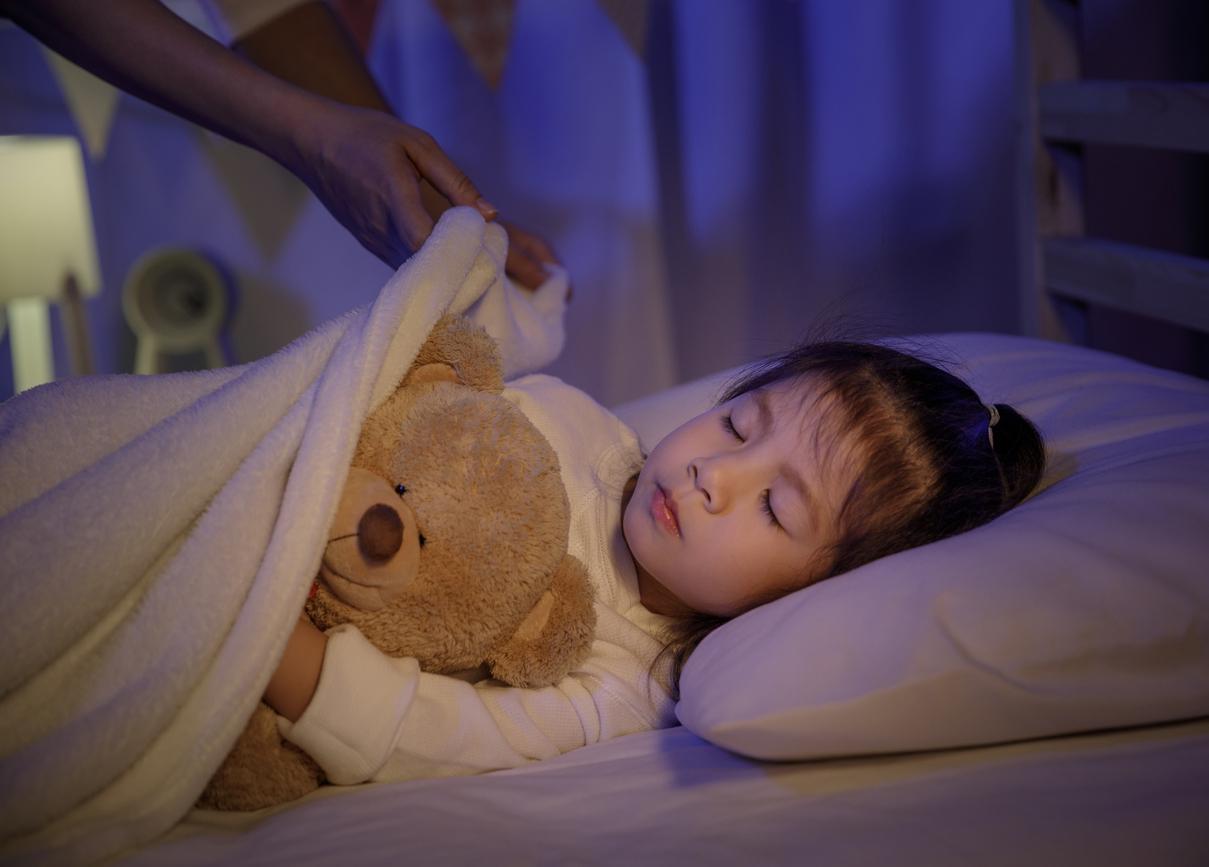A new study investigates the influence of a gene on the sleep cycle of adult twins. Researchers find that sleep quotas vary from person to person.

We are not all equal when it comes to sleep. Some need 8 hours of sleep while 5 hours will be enough for others. According to a new American study, these differences are not due to a lazy whim but to the biological constitution of individuals. Published in the journal Sleep, it shows that carriers of the BHLE41 gene would need fewer hours of sleep than others and would benefit from greater resistance to lack of sleep.
Greater resistance to lack of sleep
Conducted by a team from the American Academy of Sleep Medicine, the study examined the sleep of 100 pairs of same-sex twins without any particular chronic disorder. A carrier of the mutated gene, BHLE4, slept an average of 5 hours per night, compared to 6 hours 5 minutes in his twin. They were also more resistant to lack of sleep. The researchers prevented the twins from sleeping overnight, and measured the participants’ psychic behavior using a psychomotor vigilance test performed every two hours. Carriers of the mutated gene performed 40% more physically than their non-carrier twin. The time needed to recover after this deprivation is also shorter in carriers of the gene: 8 hours against 9.5 hours.
“This study is the second to make the link between genetics and an individual’s own sleep quota. But this is the first time that we can evaluate the capacity of resistance to sleep from a gene, ”says Reneta Pellegrino, the study’s lead author. “The mutation has been associated with resistance to the neurobehavioural effects of sleep deprivation,” she adds.
Lack of sleep is bad for your health
According to a survey conducted by the Institute of Sleep and Vigilance (INSV), young adults (25-35 years) sleep 7 to 8 hours per night. In adults aged 35 to 55, the average sleep time is less than 7 hours. And about a quarter of the population complains of insomnia. In a society that pushes to be more and more active, the results of this study could suggest that it is very practical to be a carrier of the BHLE41 gene. However, the consequences of a lack of sleep, or disturbed sleep, are not to be taken lightly. By impairing concentration, this deprivation can cause traffic accidents. It also promotes a stressful situation which, in the long term, decreases the resistance capacities of the immune system and increases the risk of serious diseases.
A recent study also showed that a lack of sleep can slow down metabolism and increase appetite, thus pointing to a possible risk of obesity and diabetes. Are these consequences attenuated for carriers of the BHLE41 gene? The authors of the study do not specify. Timothy Morgenthaler, president of the American Academy of Sleep Medicine, however, specifies that “this study highlights that our need for sleep is a biological need, not a personal preference. “
.

















